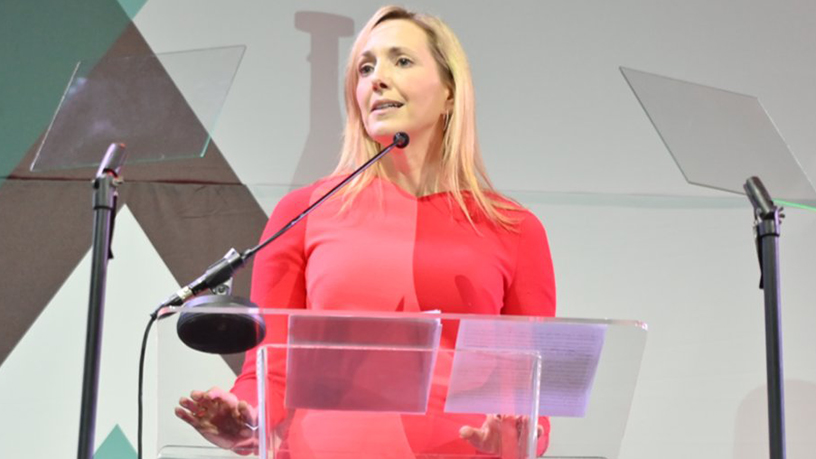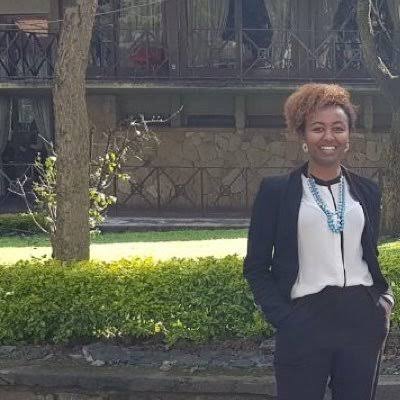PayCentral Partners Mastercard to Launch DigiCentral
As the rate of online shopping grows across Africa, buoyed by the Covid-19 Pandemic and its social distancing protocols, the opportunities to deepen paycard platforms presented itself across countries. To this end, PayCentral has partnered with Mastercard to launch DigiCentral, a secure online platform that provides small business owners with a simple way of paying out incentives, rewards, gifting, corporate expenses and even salaries to their employees through a prepaid virtual card. The virtual card replaces a physical plastic card and can be used for eCommerce and in-store purchases. To complete a purchase online, DigiCentral virtual cardholders receive a 16-digit card number, security code and expiry date, which they would use much like a physical card. It can be linked to online retail apps like Uber, Uber Eats, Checkers 60 Sixty and others.

For in-store purchases, the virtual card can be loaded to any Masterpass-enabled digital wallet. Once loaded, the cardholder can use their mobile phone to scan a QR code displayed at checkout at retailers and billers that accept Masterpass payments in South Africa. According to Mastercard research, 68% of South Africans are shopping more online since the onset of the COVID 19 pandemic, while 75% say they are now using contactless payments, citing safety and cleanliness as key drivers.
Read also:Mastercard Partners Payment24 to Streamline Payment Solutions
“Social distancing has changed the way consumers pay and they now opt for touch-free, secure, and seamless ways to pay without compromising their health and safety,” says Suzanne Morel, Country Manager for Mastercard South Africa.
“This, in turn, has accelerated the demand for safe and secure virtual cards. Through our partnership with PayCentral, we can help small business owners to better meet the needs of their employees – without the costs and risks associated with cash.”
Kelechi Deca

Kelechi Deca has over two decades of media experience, he has traveled to over 77 countries reporting on multilateral development institutions, international business, trade, travels, culture, and diplomacy. He is also a petrol head with in-depth knowledge of automobiles and the auto industry











